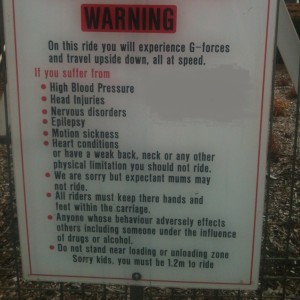 Regarding the use of “fewer” or “less”, you may have heard this rule:
Regarding the use of “fewer” or “less”, you may have heard this rule:
If you’re talking about amounts or something countable, use “fewer”. Otherwise, use “less”. Often that is the case, but it is not always a reliable guide.
An easier and more accurate way to decide which is correct
Use “fewer” with plurals and use “less” with something that’s singular or doesn’t have a plural, such as air, time or money.
For example, “fewer drinks of water”, “fewer sunny days”, and “fewer papers”; whereas “less water”, “less sunshine”, and “less paper”.
An exception
“Less” should be used in front of counting nouns or plurals that signify distance, amount, or time. For example, “less than two weeks”, “less than $20”, or “the journey was 10 miles less than expected”.
Here’s another one that can cause some dispute
Use “less” in the phrase, “one less”. Although many would argue that “fewer” should be used in instances where the reference is to something countable, according to Merriam-Webster’s Dictionary of English Usage, common usage dictates “one less” is more correct. So, “one less apple” is better than “one fewer apple”. However, “fewer apples” (note the plural here) is better than “less apples”. It seems that although this particular example is often cause for argument, the singular and plural rule can still be applied successfully.
To view the comments section, click on the title of this post.


